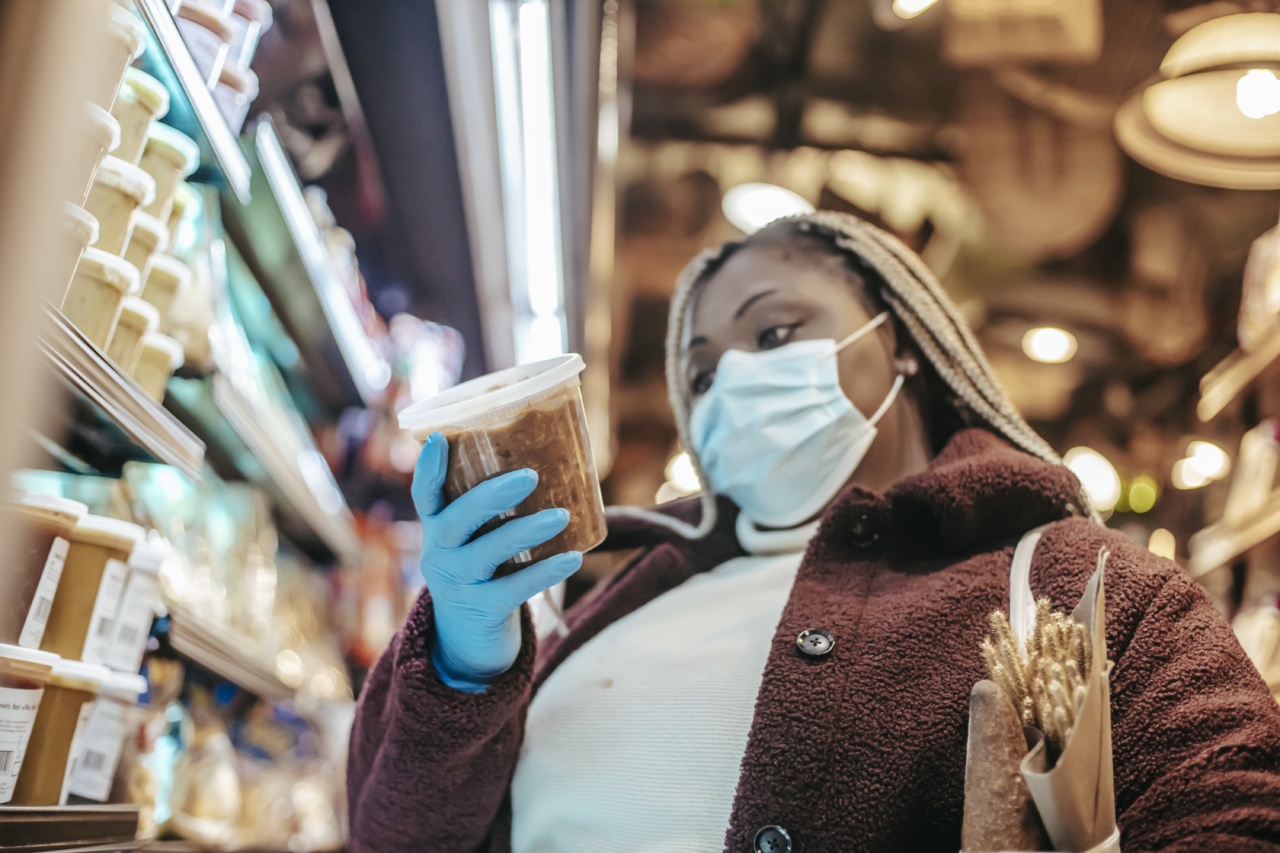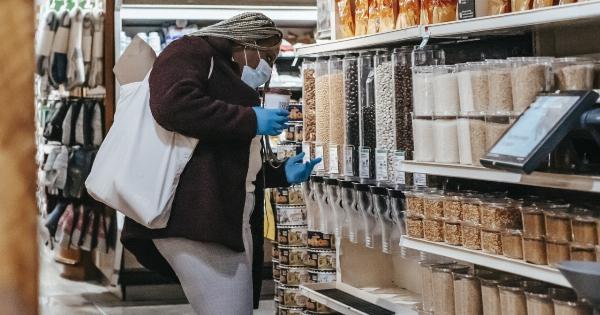Going grocery shopping is a task that most people have to do on a weekly basis. It is essential to select goods that are safe to consume. You may be tempted to grab whatever products catch your eye, but it is important to be cautious.
The FDA has outlined ten tips for safe supermarket shopping that will assist you in avoiding potentially hazardous products.
1. Check for expiration dates
When selecting perishable items, it is essential to notice the expiration date. Expired products might not only taste poor, but also pose the risk of mold, bacteria, and other harmful organisms.
Check the dates to make sure you are purchasing items that are still fresh and safe to consume.
2. Read the labels
Product packaging that is well-designed can be misleading, it is important to read the label to ensure that the product is really what you want.
Additionally, examine the ingredients list, nutritional facts, and allergen warnings to identify any components that you should avoid.
3. Stick to your grocery list
Shopping without a list might lead to impulse purchases and overspending. Stick to your grocery list to stay on budget and avoid purchasing things that you do not need.
4. Inspect produce before purchasing
It is important to inspect fruits and vegetables before buying them. Avoid purchasing items that are overripe, have bruises, or are discolored.
It is also important to rinse produce before preparing and consuming it to eliminate any dirt or bacteria present on the surface.
5. Buy from a reputable supermarket
Select a reputable supermarket that has a good reputation for carrying fresh and safe goods. Before purchasing from a new supermarket, consider reading online reviews and asking friends and family for recommendations.
6. Store food properly
It is essential to store food correctly after you have bought it. Follow the instructions on the product packaging to ensure that you are storing it at the proper temperature and in the correct location.
7. Be aware of contamination risks
Contamination of food can occur in a variety of ways. Be cautious of unclean surfaces, cross-contamination, and food that has been exposed to air for an extended period of time.
8. Take advantage of promotions and discounts
Supermarkets frequently offer promotions and discounts on specific goods. These deals include buying one product and receiving another for a lower price or getting a discount if you purchase multiple products.
Use these deals to save money on groceries while also purchasing the items that you need.
9. Avoid dented or damaged products
Avoid purchasing dented or damaged products because these may have been exposed to air or potentially be unsafe for consumption.
If you notice that a product is damaged when you are at the store, notify the supermarket staff to ensure that the item is removed from the shelf.
10. Wash your hands before and after shopping
It is essential to wash your hands before and after shopping to prevent contamination of food. Use soap and water to wash your hands and dry them thoroughly before touching any food items.
Conclusion
Supermarket shopping can be enjoyable, but it is essential to make sure that you are selecting safe goods.
Following these ten tips from the FDA will help you avoid potentially hazardous items and ensure that you are selecting food that is safe to consume.






























